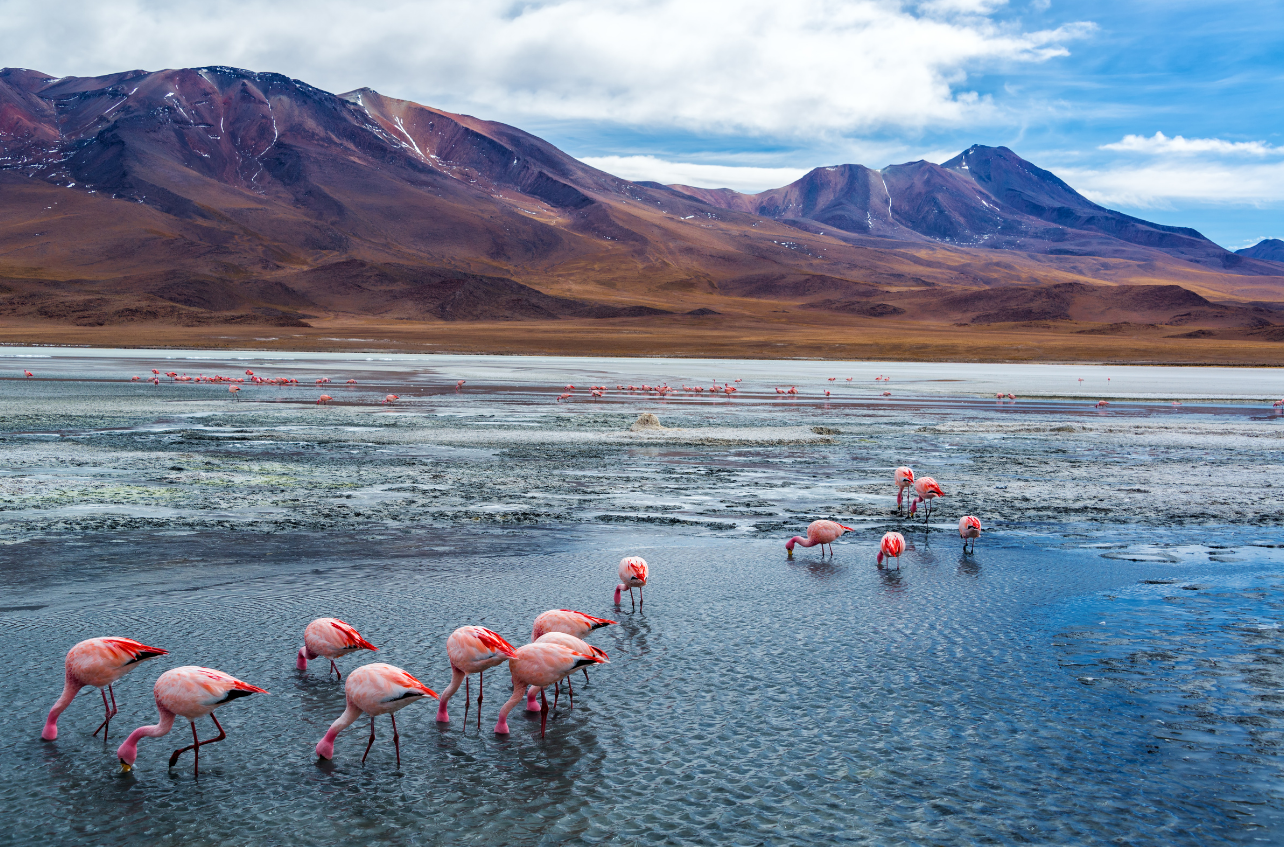Date first published: 27/10/2020
Key sectors: all
Key risks: policy continuity; political instability; civil unrest
The leftist Movement to Socialism (MAS) party has returned to power. The landslide outright victory of former president Evo Morales’s chosen candidate Luis Arce in the long-awaited 18 October elections ended one of the most convoluted years in Bolivia’s recent history. The fact that the vote was broadly assessed and perceived to be free, fair and transparent grants Arce a high level of legitimacy, further strengthened by the impressive 55 per cent of the votes that he managed to secure. He will have to use this strong mandate to unite the populace – which has faced a major political crisis following the highly controversial October 2019 elections – and boost the economy – which is facing the impact of the COVID-19 pandemic. One of the key questions will remain whether Arce will remain independent from Morales, and therefore prone to implementing a more technocratic approach, or if the latest vote means that the country will be seeing much more of Morales’s populism in the years to come.
Arce has moved fast to clarify that Morales would not have a government role. The former president is, nevertheless, still the president of the MAS, and a return to the country from self-imposed exile in Argentina seems increasingly likely. Since the election, Morales travelled from Buenos Aires to Venezuela without disclosing details of the trip and a Bolivian judge annulled an arrest warrant against him, meaning that should he return he would no longer face the risk of detention. The warrant was issued following the October 2019 crisis and was based on sedition and terrorism allegations brought by the government of conservative interim president Jeanine Anez, which argued that Morales had stoked the unrest that erupted after his controversial re-election and which ultimately led him to step down. The surprising calm and the strength of the latest election results should therefore be capitalised on as an opportunity to include those who still oppose Morales’s approach in the process of healing the wounds inflicted by multiple crises over the past year.
Arce has tried to portray himself as a uniter and he will have a small window of opportunity to fill that image with meaning. This will not be because of a strong opposition. The centre-right and right-wing parties have proven incapable of creating an alternative to the MAS in the year between Morales’s 14-year rule and Arce’s election. This fragmentation will continue to play in Arce’s favour, although he will still have to balance the strength of conservative strongholds like Santa Cruz that will continue to pose sporadic challenges albeit unlikely significantly undermine policy making.
The challenge will be greater on the economic front. As Morales’s finance minister, Arce operated in a different environment, one in which growth was steady and amongst the strongest in the region, inflation was low and prospects fairly positive. The economy, which remains overdependent on primary commodity exports, has weakened amid the pandemic and will continue to be hit by the significant economic deterioration of main trading partners Brazil and Argentina – which receive over 95 per cent of the country’s natural gas exports. Although diversifying from the latter is amongst Arce’s plans, austerity seems a more plausible short-term solution amid pressing GDP contraction and twin deficit pressures. Austerity could prove highly unpopular. That is when the pressure for ‘more Evo’ will kick in.



